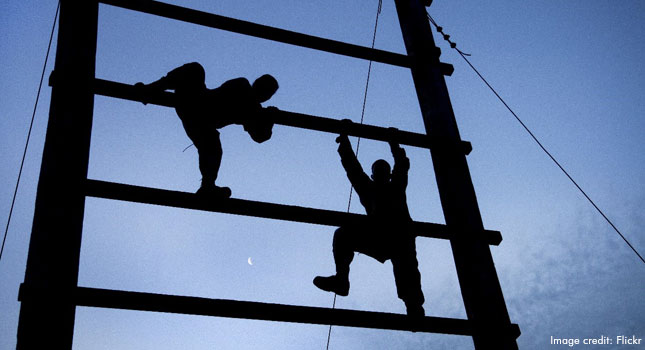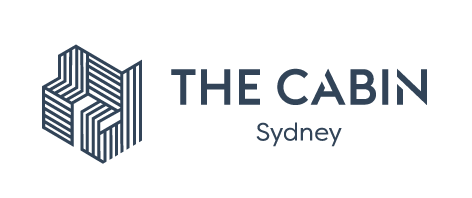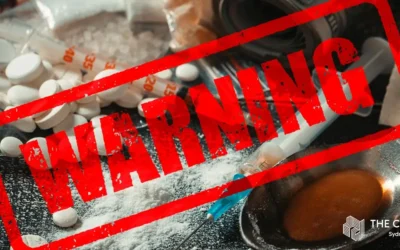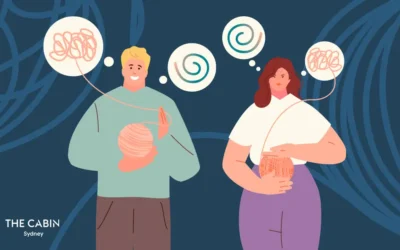The first 90 days of recovery are often the most challenging, as you transition back into your daily life full of responsibilities and relapse triggers. Learn how to avoid relapse in early recovery and get off to a good start on your new life free of alcohol and drugs.

You decided to quit using, you sought help, you successfully completed treatment… and now comes the hard part. Early recovery – the first 90 days of life without your drug or alcohol habit – is the second and most challenging stage of addiction recovery. This comes when you have completed your primary treatment and re-enter daily life. The transition can be particularly challenging because, while during primary treatment, the sole focus was recovery and you had the support of your therapist and programme peers, during early recovery you have more independence. You must juggle work, family, relationships and other obligations in addition to dealing with cravings and triggers that could potentially lead to relapse.
Early recovery requires changes to your schedule, routines, thinking patterns and social life. While this presents no shortage of difficulties to overcome, a good treatment programme and follow-up support will equip you with the tools you need to do so, and taking proactive steps to prepare yourself will help ensure your success. Needless to say, a fulfilling and healthy life without the burdens of addiction is well worth all of your efforts.
Create a Structured Schedule.
Filling your time with positive and productive activities will create balance in your daily life and help you regain a sense of control. Boredom is one of the major causes of relapse – having a full schedule means you will have minimal downtime to fall into negative thinking patterns that might tempt you to reach for an old crutch.
Establishing new habits helps you transition from your old life into your new one; by replacing your old routines with new ones, you are creating new default settings for your brain. Once an activity is habituated, it becomes a natural part of your life and requires far less conscious effort to maintain.
Scheduling wisely can help early recovery. According to a study by the U.S. Department of Health and Human Services, “Structuring one’s time is an important aid to recovery. Having definite plans and staying busy helps the recovering addict to avoid having excess free time.”
In addition to regular sleeping and working hours, be sure to schedule time for your meetings, counselling sessions, exercise, mindfulness practice, healthy activities with your family and friends, and other positive daily and weekly routines that are important to you.
Take Care of Your Body.
Prioritise sleep.
Getting adequate sleep is a crucial part of the recovery process. It is essential for maintaining your physical health when your body needs it most. It also plays an important role in your mental and emotional health – under-sleeping can have a negative impact on your willpower, decision-making abilities and mood. Sleeping enough each night dramatically reduces stress levels. Sleeping adequately can be difficult during early recovery as a result of the physiological changes your body is going through.
While sleeplessness can be a trigger, remember that resorting to old habits will not help you sleep – alcohol may seem like an effective nightcap, but it actually reduces the amount of rest and recovery the body gets during sleep and causes changes in brain chemistry that interfere with sleeping patterns in the long run. According to the Sleep Health Foundation, “Using alcohol to relax and de-stress before going to bed will not help your sleep. It may help to get you off to sleep, but will interrupt your sleep during the night.”
To help your chances of catching Z’s:
- Avoid caffeine four hours before bedtime.
- Get at least 30 minutes of cardio exercise per day.
- Remove electronics and light sources from your bedroom at night.
- Practice night-time yoga or meditation before bed to help you relax.
- If worrying and anxiety are fuelling your sleeplessness, try journaling or writing out a list of your concerns.
- Calcium, chamomile, valerian and melatonin are natural sleep aids that may help you battle restlessness.
Eat foods for your mood.
One of the ways you can take control of your mood and energy levels throughout the day is by eating properly. Make sure not to skip breakfast and rely on caffeine as this will result in a crash – hunger and fatigue are not your friends in early recovery.
Foods that are rich in omega-3s like nuts, seeds, oily fish and avocado help to maintain healthy brain function. Complex carbs, dark chocolate and coconut boost your mood. Herbs, spices and green tea will help your body detox from the inflammation caused by alcohol and drugs, while eating plenty of fresh fruits and veggies each day will ensure it is functioning at its best. So try replacing your morning coffee and donut with a green smoothie and see how much better you feel at work that day. Keeping healthy snacks like nuts and fruit on hand can help you avoid hunger pangs and energy slumps throughout the day.
Exercise.
Exercise is helpful to recovery, in addition to offering a myriad of other benefits. It reduces stress and improves sleep, energy levels, mood and confidence, and can provide valuable access to a community based around healthy activities. If you do not already have a preferred workout method, picking up a new practice can be a great way of cultivating interests that help you spend your time in ways that serve your recovery goals.
Take care of your mind.
Studies have proven that meditation is a powerful tool that can be used to battle addiction. Yale University School of Medicine researchers found that smokers who had received mindfulness training were more likely to quit smoking, both in the short and for the long-term. University of Washington researchers found that people who use a mindfulness approach for treatment were also at lower risk for resuming drug and alcohol use.
Over time, mindfulness meditation can actually rewire your brain by creating positive connections between different areas of the brain and decreasing activity in the “me-centre,” the part of the brain that constantly references back to you, your perspective and experiences, as well as wandering thinking that is associated with unhappiness. This helps ease addiction-related stress by decoupling the state of someone craving a drug from the act of engaging in substance abuse, so that one element does not have to lead to the other.
Use Your Support Network.
Your treatment programme should provide you with a network of other people in recovery that you can tap into for ongoing support and reach out to during low points. It is especially important to not skip your meetings during early recovery, and continue with your counselling. Support groups, whether formal or informal, provide the emotional backing, appraisal, information sharing and companionship needed to get through recovery successfully.
Look for new ways to socialise and have fun, like non-alcoholic outings, recreational sports leagues, activity-based groups or volunteering, to build a vibrant social life that doesn’t involve partying.
Choose a Good Treatment Programme.
Early recovery is challenging, but you do not have to go it alone. A quality outpatient treatment programme should include good continuing care options. At The Cabin Sydney, after receiving primary intensive treatment in our Recovery Zones programme, we offer several options for clients to step down their treatment level to ease into life in recovery.
All of our addiction treatment specialists are vastly qualified and experienced, providing effective, modern and accessible addiction treatment and counselling, and our clients receive the follow-up care and group support needed to make it through early recovery successfully. If you are struggling with addiction and are ready to start your new life, contact us today for a free evaluation and to learn how we can help.


